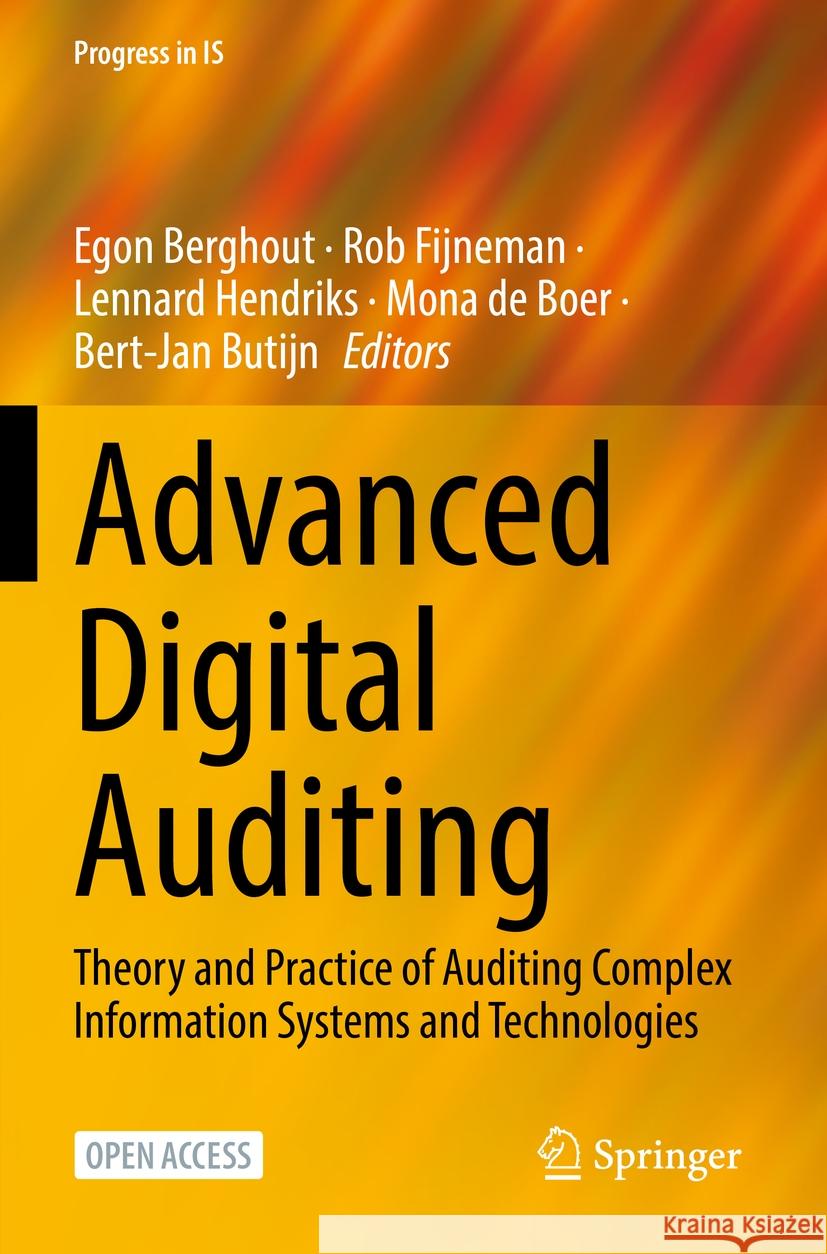Advanced Digital Auditing » książka
topmenu
Advanced Digital Auditing
ISBN-13: 9783031110917 / Angielski / Miękka / 2023
Advanced Digital Auditing
ISBN-13: 9783031110917 / Angielski / Miękka / 2023
cena 160,99
(netto: 153,32 VAT: 5%)
Najniższa cena z 30 dni: 154,18
(netto: 153,32 VAT: 5%)
Najniższa cena z 30 dni: 154,18
Termin realizacji zamówienia:
ok. 16-18 dni roboczych.
ok. 16-18 dni roboczych.
Darmowa dostawa!
This open access book discusses the most modern approach to auditing complex digital systems and technologies. It combines proven auditing approaches, advanced programming techniques and complex application areas, and covers the latest findings on theory and practice in this rapidly developing field. Especially for those who want to learn more about novel approaches to testing complex information systems and related technologies, such as blockchain and self-learning systems, the book will be a valuable resource. It is aimed at students and practitioners who are interested in contemporary technology and managerial implications.











